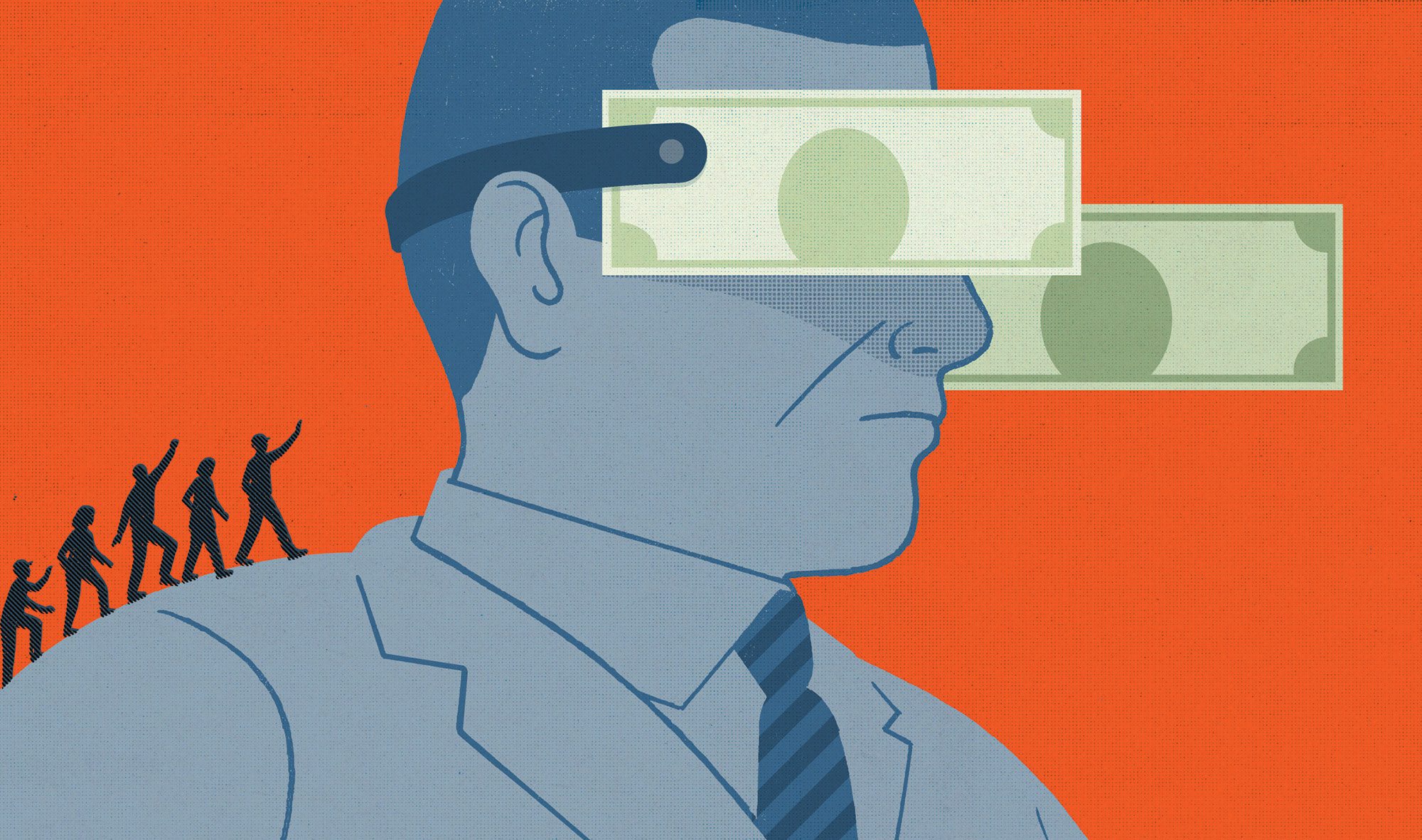The myth of the rational CEO

CEOs are paid big bucks for their ability to make rational, objective decisions that boost company performance. But do they really do better than the average worker?
A new analysis by Berkeley Haas behavioral finance researchers shows convincing evidence that CEOs are just as susceptible to biased decision-making as the rest of us—in some cases, even more so. For example, past research has found CEOs to be substantially more optimistic than both the lay population and CFOs.
“Biases don’t stem from a lack of education, intelligence, or ability—they’re a hard-wired part of human behavior that affect even the most educated and influential decision makers,” says Marius Guenzel, MS 17, PhD 21, who conducted the analysis with Prof. Ulrike Malmendier, the Edward J. and Mollie Arnold Professor of Finance.
Economists have long assumed that powerful market forces ensure that the elite group of people who steer companies through complex decisions are exceptionally rational. Guenzel, now an assistant professor at the Wharton School, and Malmendier argue that 15 years of behavioral finance research (much of it by Malmendier, a leader in the field) has whittled away at those assumptions.
The first assumption in the so-called “rational-manager paradigm” is that smart, highly trained people strive for the top jobs, and the competitive selection process weeds out those with potentially harmful biases. Yet research has shown that overconfident decision-makers—biased by definition—are more likely to be appointed as CEOs. One reason is that boards looking for a candidate with the “best” past performance might select someone who made a risky move that happened to pay off. And biased board members themselves may choose candidates who match their way of thinking.
A second assumption is that CEOs learn from their mistakes and improve their decision-making over time, thus reducing biases. But big decisions, like acquisitions, happen so infrequently that there are limited opportunities to learn. An overconfident leader might plunge the company into a dicey deal. It’s also hard to distinguish between correlation and causation in most decisions, and a person with “self-attribution bias” tends to attribute successes to their own actions and blame failures on others.
Plus, biased CEOs may pad management ranks with like-minded colleagues who reinforce their biases: Malmendier has found that overconfident CEOs are seven times more likely to appoint overconfident CFOs. Malmendier also pioneered a line of research that shows people’s tolerance for financial risk is shaped by their lifetime experiences—another source of bias.
Finally, economists have argued that watchful boards keep bias-driven errors at bay, disciplining or replacing leaders who go astray. Yet there’s little evidence that boards objectively evaluate CEOs for bias, and biases at the top are not necessarily associated with higher rates of dismissal, the researchers conclude.
“Can a board link company performance to a CEO’s decision?” says Guenzel. “It’s hard to determine causality in a way that leads to their firing.”